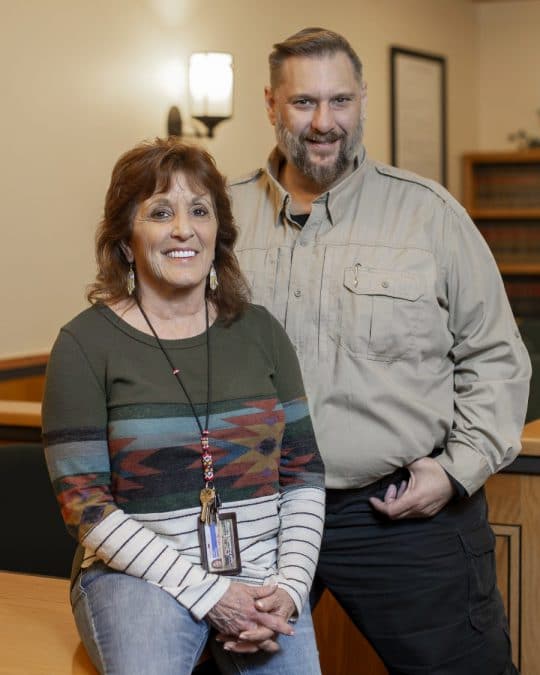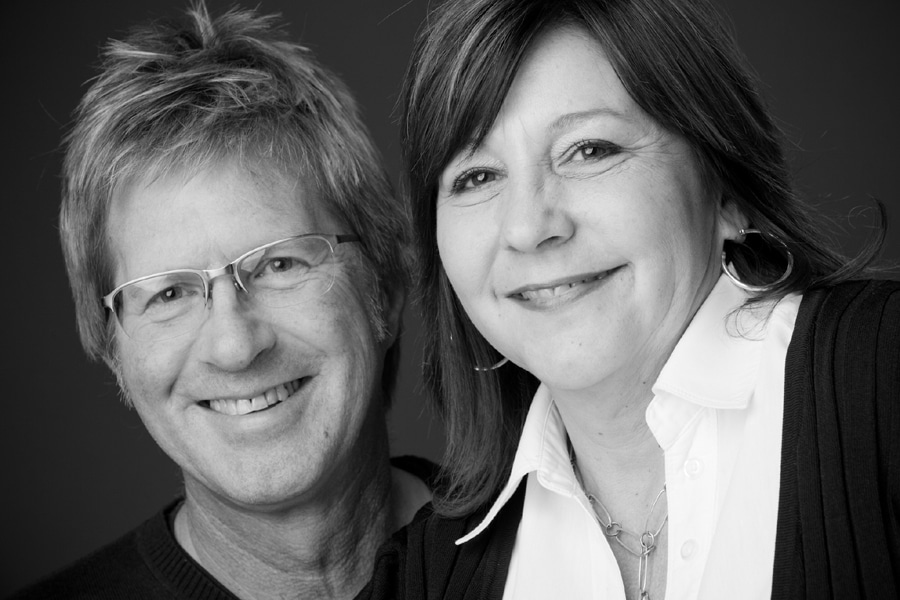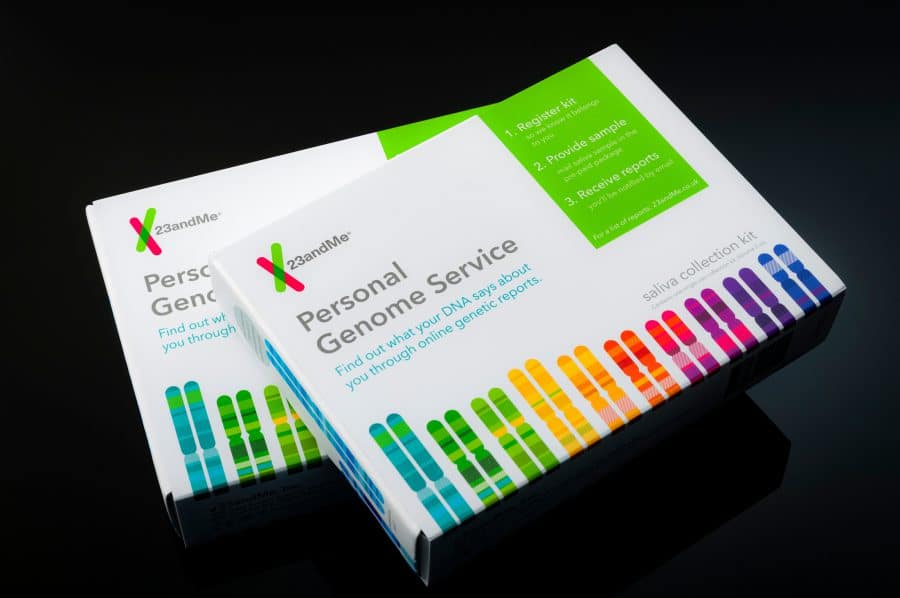This episode introduces a CPN member who owns her own Native American architecture company, outlines the Nation’s new Adult Protective Services department and discusses home genealogical DNA testing kits that became popular in the last decade. We’ll also learn astronomy words in Potawatomi.
Citizen Potawatomi Nation Adult Protective Services looking out for elders
When looking at protective service programs such as Indian Child Welfare and family services, one group often left out of the conversation is elderly adults. Adult protective service programs are underfunded and sparse throughout the country, and Citizen Potawatomi Nation has recently been awarded a grant to fund its own APS program for the next three years.

Both APS Department Director Janet Draper and Case Manager Brian Moore sat down for a conversation about their work and new services offered by CPN.
“A lot of times with the Adult Protective Services with the state of Oklahoma, you’re really just stuck working with neglect, exploitation and abuse,” said Moore. “With here, we’re able to provide all sorts of assistance to our elders, not just investigating those particular crimes, but we can also just provide assistance to them when they’re just needed.”
For more information about the community service programs CPN offers, visit cpn.news/community.
Anishinabe Design Inc. revitalizes and constructs tribal spaces across Oklahoma
Anishinabe Design Inc. brands itself as “architecture, planning and interior design for the Native American community.” As one of two architectural firms owned by CPN member Cheryl Lockstone and her husband, Barrett Williamson, they focus their attention on design and construction for tribal buildings and projects.

“We’ve done a lot of service type projects. We have done education projects. We’ve done museums. We did the Cultural Heritage Center for the Wichita and affiliated tribes. Food distribution centers, housing, all of those things,” Lockstone said. “I love that the tribes are giving back to their people, and they’re making either their cultural information readily available for their tribal members, or they’re providing them with some type of a service.”
Visit Anishinabe Design on the web at anishinabedesign.com. For more information on the CPN Housing Department home ownership program, visit cpn.news/homeowner or cpn.news/housing.
Learning Language
It’s time for Learning Language, when CPN Language Department Director Justin Neely teaches song, phrases, stories and more. This episode introduces astronomy words in Potawatomi along with some traditional stories and beliefs.
- Astronomer – Nekok kkenjeget
- Star – Negos
- Comet – Gnwa negos
- Venus – Kwe negos
- Fisher star constellation – Ojik negos
- Northern Lights – Wasnode
- Hole in the Sky – Wankwe gishek
- Milky Way – Jibe myew
- Sun – Gises
- Sunshine –Waseya
- Sunset – Bgeshmo
- Sunrise it is – Mok-en
- Moon – Dbekgises
- Moonlight – Gishgate
- Grandmother Moon – Nokmes
- Sky – Gishek
- Stripes in the sky – Beshanok
- Astronaut – Dbekgisesoset
- Full moon – Wawyegises
For more information and opportunities with language, including self-paced classes, visit cpn.news/language. You can find an online dictionary at potawatomidictonary.com as well as videos on YouTube. There are also Potawatomi courses on the language learning app Memrise.
DNA testing, impacts across Indian Country
Throughout the last decade, home genetic testing kits have become more and more popular. They attempt to help users narrow down the regions of the world their family comes from and put together an ancestry profile based on DNA. However, there have been concerns regarding accuracy and representation, especially when it comes to Native Americans.

CPN Public Information Communications Coordinator Mary Belle Zook has previously written about the subject for the Hownikan newspaper and discussed what she has learned.
“I think all of us kind of want to know, where did we come from? Where were our ancestors? What makes us who we are? And I think that’s just something natural,” Zook said. “But it is a question I get quite often from my friends is, ‘How do I prove I’m a part of a tribe by doing a DNA test?’ And I just simply tell them that you just, you can’t do it. It doesn’t work out that way. But that doesn’t mean you can’t go out and do your own research.”
To read Mary Belle’s piece “DNA testing, impacts across Indian Country,” visit cpn.news/DNAtesting. Tribal members can research their family history through the CPN Archive and Research Division located at the Cultural Heritage Center. The CHC is online at potawatomiheritage.com.
Hownikan Podcast is produced and distributed by Citizen Potawatomi Nation’s Public Information Department. Subscribe to Hownikan Podcast on Apple Podcasts, Spotify, SoundCloud and wherever you find your favorite shows. Find digital editions of the Tribal newspaper here.
